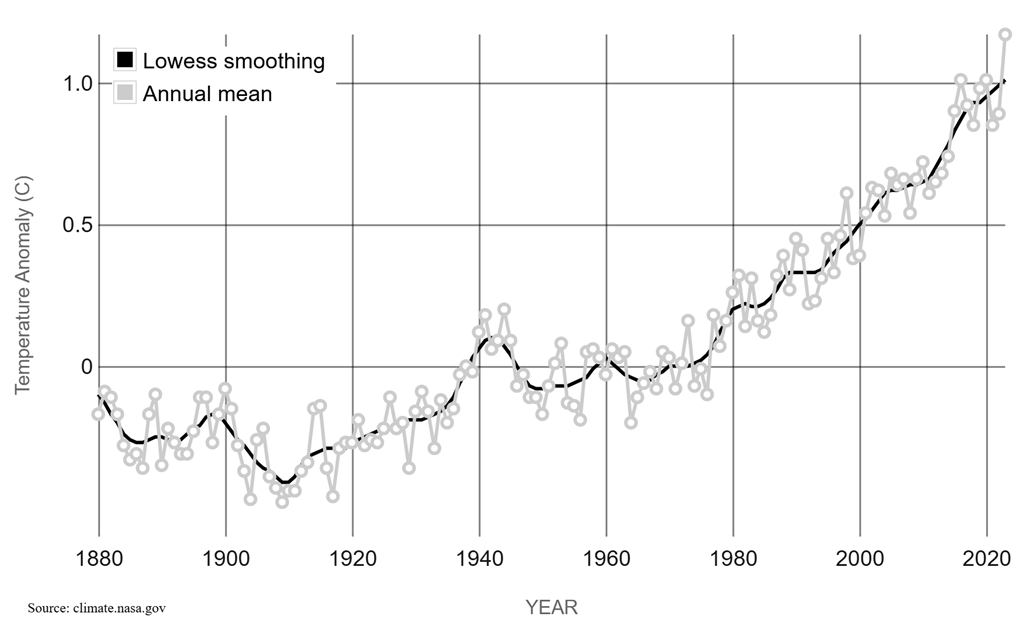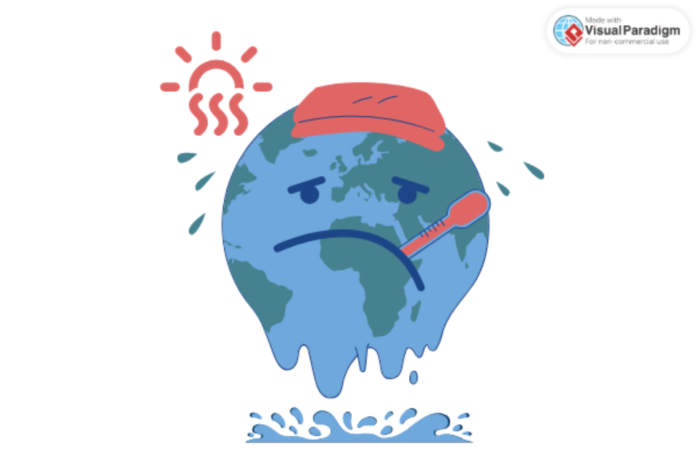Welcome to the second edition of The Environmentalist, your column for understanding the natural world. Today we will be assessing the human and environmental toll of climate change and future possibilities if we don’t take immediate action.
We need to talk about climate inequality. The impact of climate change is neither random nor impartial, due to vulnerable communities being disproportionately exposed to the adverse consequences of climate change. It is important to keep these disparities in mind when talking about the consequences of climate change. We might not be properly quantifying the impact that it could be causing in other communities, since our daily lives are not severely affected — at least on the surface. Before we go any further, it is necessary to introduce the Intergovernmental Panel on Climate Change (IPCC). The IPCC is the scientific group assembled by the UN to monitor all science related to climate change around the world. The IPCC publishes a comprehensive scientific assessment report every 5 to 7 years regarding the scientific basis of climate change, its impacts and future risks, and options for adaptation and mitigation.

According to the latest report of the IPCC released in March 2023, severe consequences will occur with a half to a full degree Celsius of warming. This predicted change can be seen right now, since Earth was about 1.36 degrees Celsius warmer in 2023 than the pre-industrial average in the late 19th century. But why are warming temperatures so worrying? Well, the following projections have myriad effects on nature, human societies, and human health. Considering climate inequality, some regions will experience higher climate-related risks.
First, let’s discuss the consequences climate change has on nature. Continental temperatures are projected to warm above the global average surface temperature, especially in the tropics, making heatwaves common. Arctic temperatures are no longer reaching their cold extremes. This is causing instabilities in the Antarctic ice sheet, while the irreversible loss of the Greenland ice sheet is causing sea levels to rise. Droughts are happening more often which causes water availability to reduce and groundwater to deplete. Although some regions — particularly in the northern hemisphere — are starting to see extreme precipitation which leads to floods. The impact on biodiversity and ecosystems is severe since forest fires, extreme weather, and invasive species are shifting whole biomes. The effects of the loss of biodiversity might range from changes in weather to the collapse of complete ecosystems. Oceans are becoming more acidic which poses a threat to marine biodiversity such as with coral reefs that are a crucial part of sea ecosystems.
Secondly, the consequences climate change has on human societies develop an increased risk to livelihoods, food security, health, water supply, and economic growth. Disadvantaged and vulnerable populations, including Indigenous communities depending on agricultural and coastal resources, are facing the greatest challenges. Climate change also increases factors that put and keep people in poverty while increasing displacement and climate immigration.
Thirdly, the consequences that pollution and warmer temperatures have on human health worsen symptoms for conditions like heart disease, asthma, and even mental health related issues. These effects are worse on disadvantaged communities since the access to medical care can be limited.
Quoting the IPCC report, “The scientific evidence is unequivocal: climate change is a threat to human wellbeing and the health of the planet. Any further delay in concerted global action will miss the brief, rapidly closing window to secure a liveable future.” So, what can we do to help?
In the next edition of The Environmentalist, we will explore the causes of climate change and how community and individual action can have a huge impact. Just as The Lorax once said, “Unless someone like you cares a whole awful lot, nothing is going to get better.” So, let’s care.


